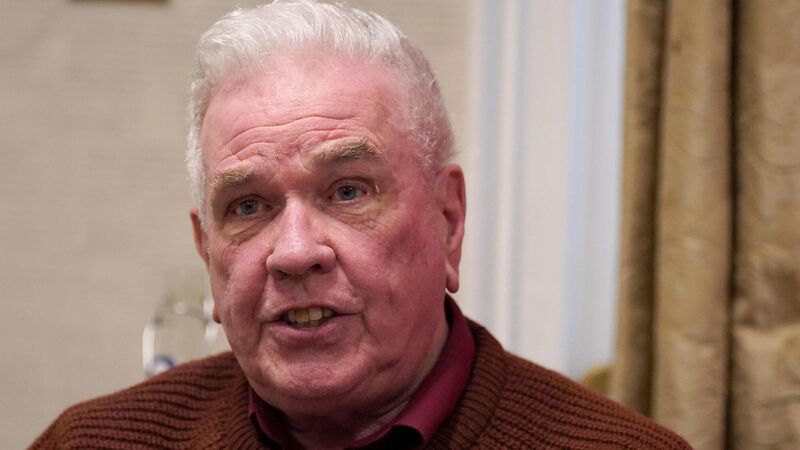382 deaths among those using Dublin homeless services since 2018

Father Peter McVerry, from the Peter McVerry Trust, at the launch of an evictions ban bill, at Buswells hotel, Dublin. Picture
Almost 400 people who had accessed homeless accommodation services have died in the past five years, new figures show.
The highest number of deaths were notified in 2021 at 115, while the second highest was last year, with 95 people passing away while in use of services.










